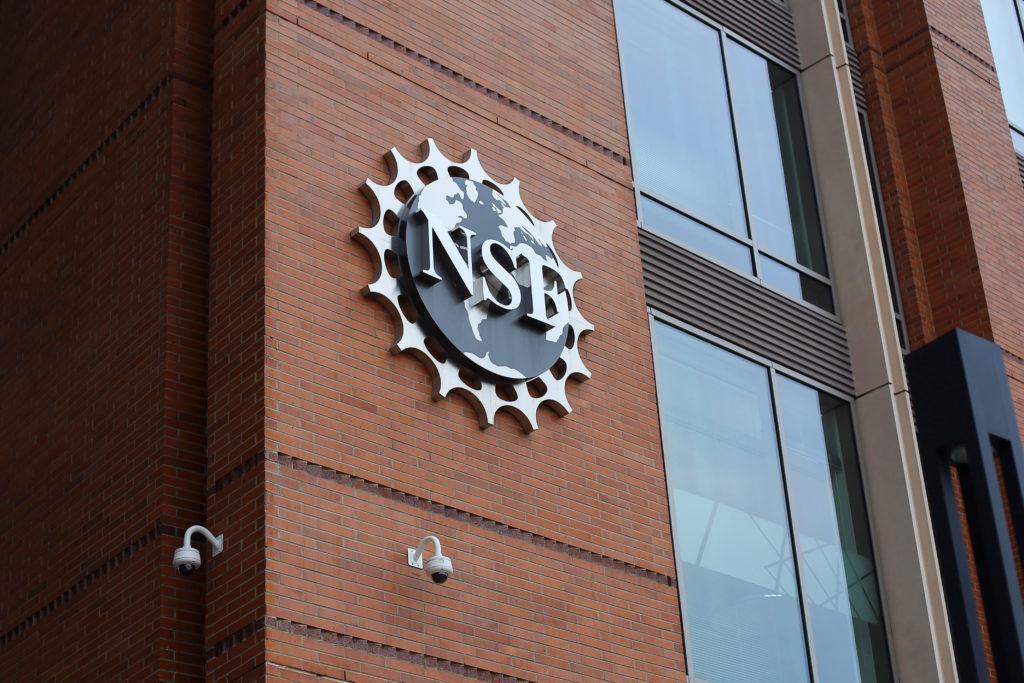The government shutdown will likely push GW researchers weeks behind schedule, professors say.
Employees at multiple government agencies, including the National Science Foundation, are effectively furloughed until the government shutdown concludes. Researchers said the shutdown has delayed the processing and approval of grants for pending projects, putting set deadlines in jeopardy.
Robert Miller, the vice president for research, said most projects that have already been awarded grants will be unaffected by the government shutdown. He said disruptions are possible if a sponsoring agency does not have an appropriation for fiscal year 2019 or if the project requires the use of a federal facility or guidance from agency staff.
Miller said no additional funds will be disbursed from impacted agencies until the government reopens. He said the Office of the Vice President for Research has provided guidance and support to faculty and researchers to help them submit all reports and adhere to all previously published proposal deadlines.
“Our office continues to monitor the situation for any impacts on sponsored research activities and will continue to communicate directly with researchers as updates occur,” Miller said in an email. “As it is still the first week of the semester, we are gathering information and updates from faculty about their specific projects.”
Researcher projects across the country have halted without grant money or communication and assistance from federal agencies.
Leo Chalupa, a professor of pharmacology and physiology and the former vice president for research, said researchers are mainly concerned that the shutdown will create a lasting setback after the government reopens.
“The government shutdown adds considerable stress to the entire research enterprise
because it causes havoc with respect to federally imposed grant deadlines, as well as recruiting and hiring of research staff and expenditure of research funds,” Chalupa said in an email.
Mollie Manier, an assistant professor of biology, said she is currently waiting for a response from the United States Department of Agriculture on whether she will receive a grant for her research on the behavior of insects’ sperm in female sperm storage organs.
“Their website is completely down, so I can’t even get information on whether a review panel has met,” she said.
Manier said she anticipates that the shutdown will have a long-term impact on research project schedules because grants will likely be processed late, and agencies will also likely be delayed in making funding decisions and hiring for projects.
“This will especially affect people pre-tenure, as even a month or two can be a significant impact on productivity on an already-tight and unforgiving schedule,” she said.
Robert Orttung, an associate research professor of international affairs and the director of research for the GW Sustainability Collaborative, said he has been working on a project exploring sustainability in cities of the Arctic region.
“The whole office is shut down, and the people who work there are not working right now,” he said. “They are not providing the usual kind of support services that they would provide.”
Orttung said the Office of the Vice President for Research told professors that officials are “closely monitoring” the situation and keeping track of how research projects are impacted by the shutdown.
“In my particular case, we haven’t had any need to talk to government officials or the OVPR people, but I think they are doing everything they can, given the situation, to make sure that we are taken care of,” he said.
Amira Roess, an assistant professor of global health, said she has been unable to communicate with employees at NSF during the shutdown about her research on Middle East Respiratory Syndrome-Coronavirus, a viral respiratory illness.
Roess said she expects her colleagues currently applying for federal grants to face delayed grant approvals, pushing back their research. She said researchers who have already received their grants will also be affected because they may not be able to renew their funds.
“Their research will be delayed, and that is not good for science,” she said. “In general, we have had a lot of funding cuts to research on environmental health, climate change and related topics. In those areas, I think we are going to feel the damage for a while.”
Officials at the NSF did not return multiple requests for comment. Renate Myles, a spokeswoman for the National Institutes of Health, said that while 12 employees at the agency have been furloughed, most of NIH has been unaffected by the government shutdown.





